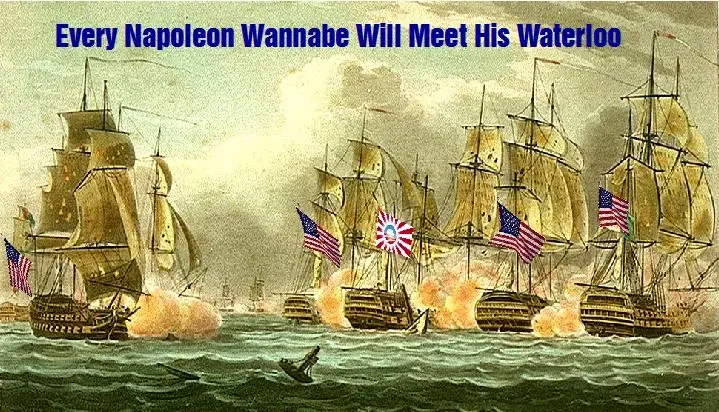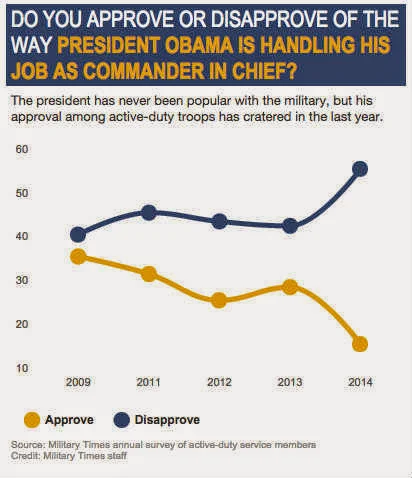First...watch a few videos...No big deal right now...it's only happening in places far away.
Like London...
And Paris
Post by Britain First.
Then somebody has to take the inititive...like ↓she↓ did in Frankfurt, Germany!
But that's not America's problem...so why worry.
They have bigger problems in Russia...
Moscow, Russia
And just a bit more in China...
But how did they get this way...
In the beginning there's the peaceful indoctrination (brainwashing)...
Not even in Australia...
...or even when the problem gets close to home!
Unlike the brave German girl in the video above (the one from Frankfurt, Germany)
Americans are too busy taking pictures...
Unlike the brave German girl in the video above (the one from Frankfurt, Germany)
Americans are too busy taking pictures...
When they should be heeding the warnings...
But how do we stop this madness?
And therefor lies the problem...If you had to ask the question, that's a problem...a huge problem.
Americans are going to have to wake up and stop the people who help create the problem.
Who are they? Again, if you had to ask the question the problem is much worst than, "huge"...
For all you un-informed here's a few...
Everyone depicted here has contributed to the Muslim problem...no if's, ands, or buts...
Especially that guy in the far right in the second row!
Some are duplicated in this collage ↓
PS: Do you know who else wants a One-World Government? Wake up! It's Islam!!!
Stop 'em all or else...
Get this guy as your leader...















